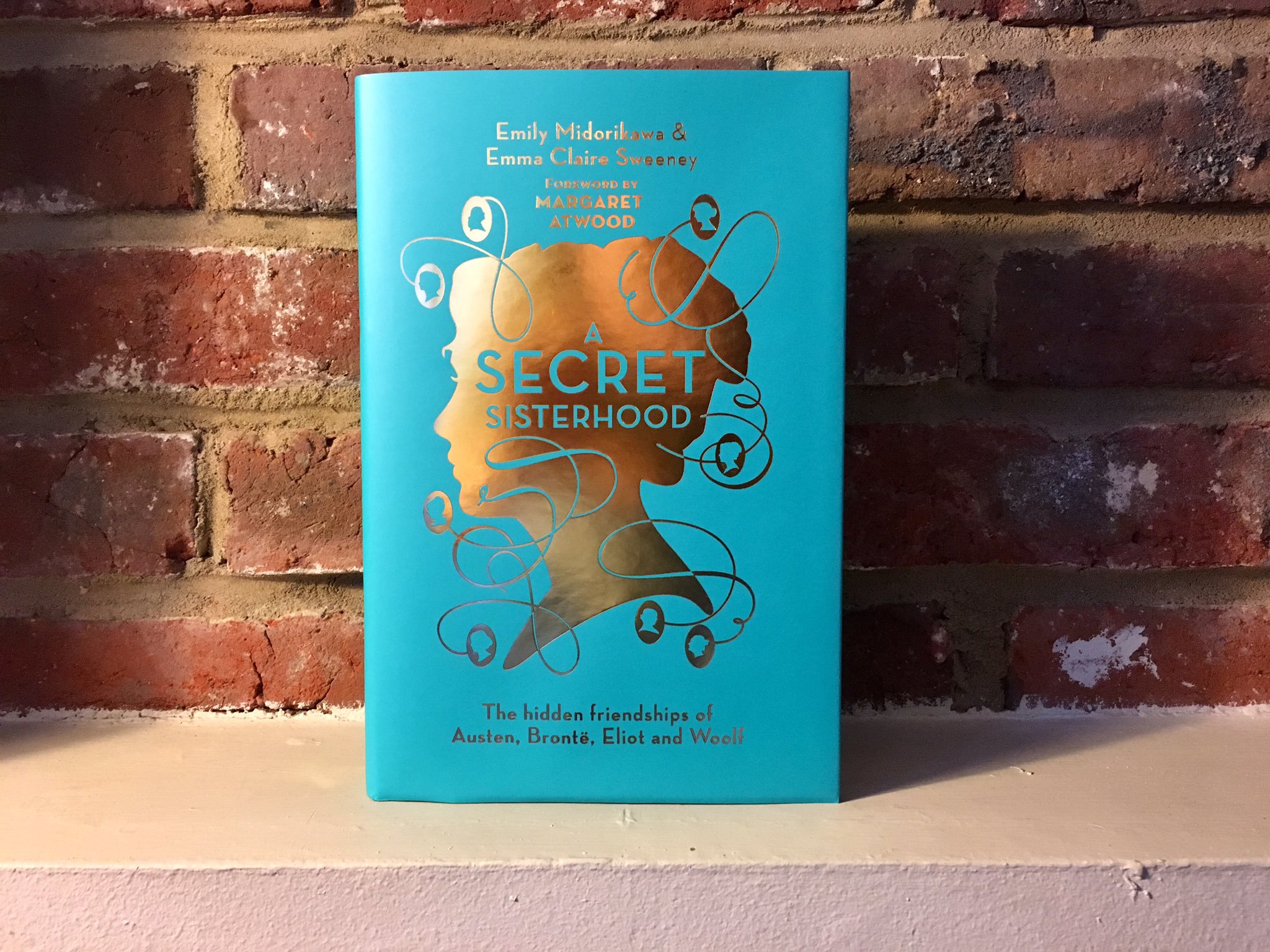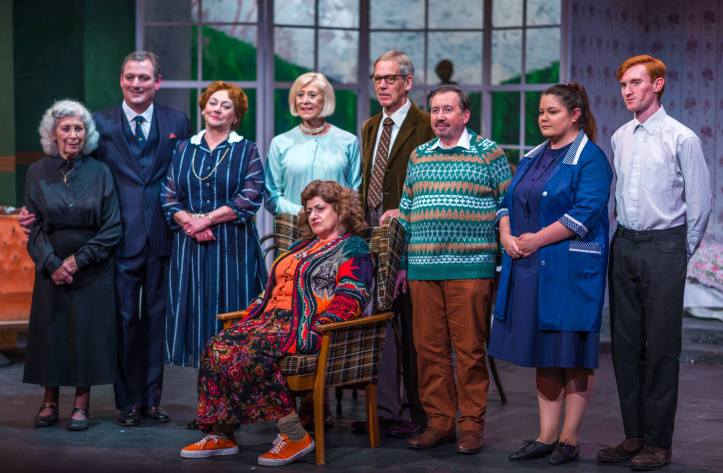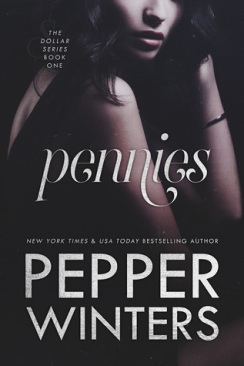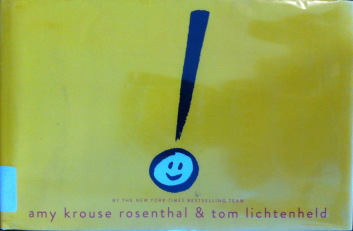On Bridget Jones and other daughters of narcissistic mothers.
I’m always drawn to films and TV shows with selfish and self-centred and inappropriate mothers. There’s Arrested Development‘s Lucille Bluth (“She thinks I’m too critical. That’s another fault of hers.”) and The Golden Girls‘ Sophia Petrillo (“Jealousy is a very ugly thing, Dorothy. And so are you in anything backless.”). There’s Tony’s mother in The Sopranos and Joanna in Green Wing and Naomi in Crazy Ex-Girlfriend and Mrs Bennet in Pride and Prejudice. But Christmas is a special time. During the festive period, I want the worst mother on TV, and I want her smelling like turkey gravy. I want a bonafide narcissist, offering around platters of mini gherkins on cocktail sticks. No-one else will do but Pamela Jones.
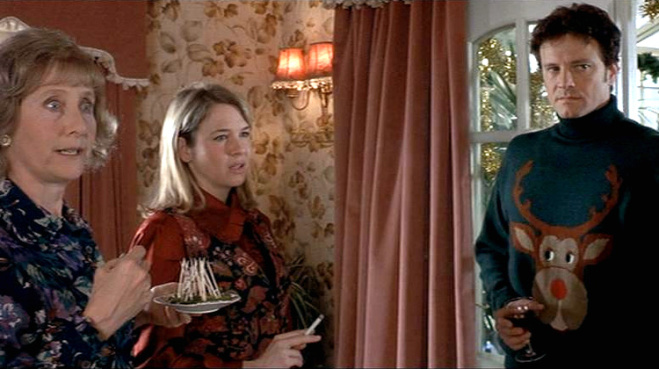
In the opening scene of Bridget Jones’s Diary, Bridget pulls up to her mum’s annual turkey curry buffet. Pamela has laid out a hideous flowery red two-piece for her sensibly-dressed 32-year-old adult daughter, insisting, “You’ll never get a boyfriend if you look like you’ve wandered out of Auschwitz”. Pam flaps around the party, bossing people about, showing off, and then tries to set Bridget up with a divorcee in a Rudolph jumper – “Mark, you remember Bridget. She used to run around your lawn with no clothes on.” She’s arguably the funniest character in the whole film. And she is an awful person.
Having a mother who can’t see you as an individual – who sees you only as an extension of herself, an extra in the movie of her life – is a trauma. In Emily Nunn’s memoir The Comfort Food Diaries, I found a real, non-fiction narcissist mother: “I also mowed our giant hilly lawn on the riding mower, folded the laundry, and cleaned up after dinner to keep her from leaving us, or, worse, killing herself from the strain of taking care of us all, a tortured burden she reminded us of frequently and dramatically.” I found comfort in Emily’s writing. It’s brutal. It’s not funny – being the child of a narcissist can cause PTSD, anxiety, depression and chronic low self-esteem, and her writing makes it obvious just how. I can see that some might find this more appropriate than the comedies. I’ll happily take it all.
In all of these depictions of narcissists, the mums dip in, say their piece, give our characters some context and then exeunt. As much as their daughters are suffering, their daughters are the stars of the show. The nature of narcissism is that throughout their lives these daughters have been denied empathy, forced to provide constant unquestioning admiration (or suffer the consequences if they don’t), and to focus only on their mother’s beauty or success or wealth or brilliance (rather than any of her shortcomings or, God forbid, their own dreams and successes). But Emily wrote the book. Bridget Jones’s Diary isn’t Bridget Jones’s Mum’s Diary. These daughters are main characters. The cutting remarks and violations pale in comparison to these victories. The mere act of writing the narcissist as anything other than the main character is what gives us back our power.
***
“When you slip on a banana peel, people laugh at you. But when you tell people you slipped on a banana peel, it’s your laugh … Everything is copy.” – Nora Ephron
My girlfriend repeats this at me in her best New York accent whenever something bad happens. “You’ll laugh at this later. Everything is cahhh-py.“ Easy to understand in theory – much harder to put into practice. It’s easy to see that Pamela’s pathological interest in Bridget’s love life says very little about her concern for Bridget’s wellbeing and instead says everything about Pamela’s own self-esteem. It’s heartbreaking, in its way. Just like it’s kind of funny and kind of tragic for us when our narcissist mums want Nobel Peace Prizes for remembering our birthdays. Then we remember that they desperately need us to adore them, and we feel bad for them again. It’s not easy. If we write these stories, we stop playing their game. If I thought my mum took enough interest in my life to read my blog, I probably wouldn’t be writing this. I would be terrified of being subjected to her wrath or, worse still, breaking her heart.
When she left home for university, Emily Nunn wrote, “I felt both relieved to be away and unmoored, without a purpose: On whom was I now supposed to focus all of my attention and worry?”. I’ve felt unmoored, too. Lost and guilty and without a sense of who I am. If there’s a way to make ourselves the main character of our lives without offending the narcissist who demoted us, I’ve looked and I’ve looked and I haven’t found it. For now, I take comfort in the TV daughters who are telling their stories. They seem to be surviving.
Advertisements Share this: